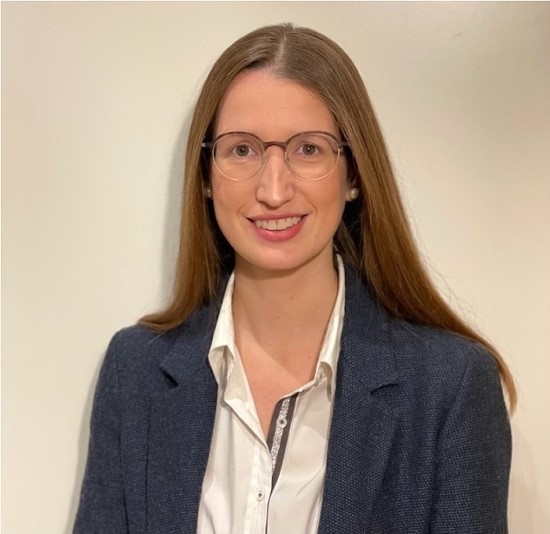Request the lecture
The heart, our internal engine room, beats around 70 times per minute, amounting to approximately 100,000 beats per day. In this process, it is capable of pumping 5 litres of blood every minute, which in a single day adds up to 7,500 litres that travel about 100,000 kilometres of arteries and veins. The heart keeps us alive, so our mission is to take care of it and, as the title suggests, keeping it working is crucial.
But what happens when the engine starts to fail? The body sends out warning signals: electrical malfunctions known as cardiac arrhythmias, heart failure or even a heart attack. At this point, a multidisciplinary team of doctors, cardiologists, biomedical engineers and researchers enter the scene, working together to decipher the heart’s mysteries and find solutions. Their goal: to restore the rhythm of this vital machine.
During this talk, we will learn how the main electrical failures of the heart are investigated, the physiological adaptations that this organ undergoes in athletes or what happens to the engine after a heart attack. By the end of the talk, perhaps you will have awakened that scientific curiosity that motivates us to pursue research and contribute knowledge to society.

Brief CV
Patricia Genovés Martínez is a biotechnologist and holds a PhD in Physiology from the University of Valencia (2021). She has a decade of experience in cardiovascular research. Her scientific career began with the Master’s Degree in Biomedical Biotechnology at the Polytechnic University of Valencia, followed by her doctoral studies in the Experimental Cardiac Electrophysiology Group at the Department of Physiology of the University of Valencia, the INCLIVA Health Research Institute and the CIBERCV Biomedical Research Network. Currently, she is a postdoctoral researcher under the Margarita Salas Fellowship in the Department of Physiology of the University of Valencia, where she continues her research on cardiovascular pathophysiology and teaches physiology.
She has been part of several research projects both at national level (FIS-ISCIII) and at regional level (Prometeo-GVA Programme), which has allowed her to develop expertise in different experimental lines within cardiac electrophysiology, covering areas such as intracellular calcium homeostasis, myocardial infarction, metabolic syndrome and chronic physical exercise. In 2023, she completed a research stay at the La Fe Health Research Institute in Valencia.
Her research contributions include participation in multiple national and international conferences and the publication of several scientific articles in high-impact journals. She has also taught physiology at the CEU Cardenal Herrera University. She has been involved in science popularisation by participating in the University of Valencia’s Mediauni programme A la Recerca, in the episode entitled “Model crònic d’infart agut de miocardi”.
Social networks

Stimulating scientific vocations is a project of the Scientific Culture and Innovation Unit that has co-funding from the Spanish Foundation for Science and Technology and the Ministry of Science, Innovation and Universities.










